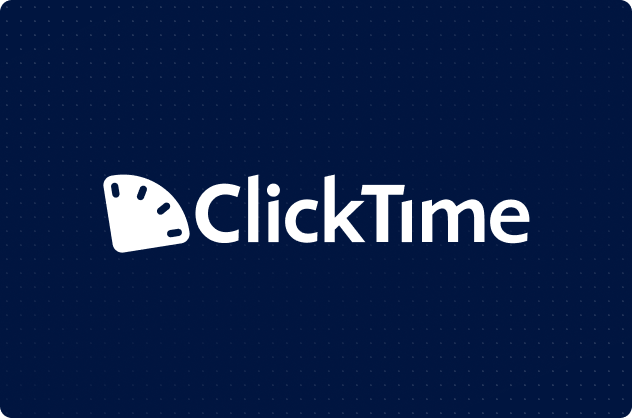Small-business owners have a million worries: How can I grow my business? Will I hit my sales goal this month? Did I keep my costs under control?The last things small-business owners need to worry about are bookkeeping, payroll, and taxes. Yes, these three tasks are super important. Even so, trying to do everything — including your own accounting work — can quickly backfire. Unless you know what you're doing, mistakes that you make in these three areas could cost you dearly.In my previous life as a public accountant, I had the opportunity to help small-business owners manage their bookkeeping, payroll, and taxes. While there were a handful who knew what they were doing, most of them who tried to manage all of that on their own ended up making major mistakes. Thankfully, it was our job to catch these mistakes before they turned into bigger problems.Based on my experience, here's what I recommend that you do to manage these small-business accounting needs:
Do You Know What You're Doing When It Comes to Small-Business Accounting?
The first thing you need to establish is whether or not you know what you're doing. Do you know what double-entry accounting is? Do you know the difference between debit and credit?*If those concepts sound like a foreign language to you, you probably shouldn't be doing your own bookkeeping.Do you know that employers match the employee's FICA payments for payroll taxes? Do you know you have to remit the federal and state income tax withheld from paychecks to the proper places? If these revelations shock you, you shouldn't be doing your own payroll.Do you understand if your business is a flow-through entity or if it's taxed as a corporation? Do you know that most business owners need to make quarterly tax payments in order to avoid penalties? If these concepts don't ring a bell, then you shouldn't be doing your own taxes.That said, just because you don't know these things today doesn't mean you should never do your own small-business accounting down the road. It just means that you shouldn't do them right now. Here's what you should do instead:
No Clue What You're Doing, But Want to Do It Yourself?
Most small-business owners don't have an accounting background, so it is difficult to know what you're doing. So if you want to do small-business accounting yourself, don't just jump in the deep end. Instead, hire someone to take care of these items initially while you learn how to do it yourself.I would recommend taking basic financial-accounting and cost-accounting classes. You can likely take these at your local community college or find a suitable online course. If classes aren't your thing, you can always pick up a textbook and work your way through it.Income taxes and payroll are a different story. You can usually learn payroll by getting training from someone who's well versed in your company and locality's payroll issues.Small-business taxes, on the other hand, are incredibly complex. Besides, you don't do them often enough to bother learning in most cases. It's usually better for everyone involved to either use self-guided software or let the pros handle taxes.
Using Software or Hiring the Experts for Your Small-Business Accounting Needs
Once you understand bookkeeping, you'll probably want to use a software solution to handle your small-business accounting needs. For example, QuickBooks is one of the more popular software options. It has a long history of providing a solid product, and it even integrates with ClickTime's services. Even so, many people still get frustrated with it, just as they would any other software.Before you understand what you're doing, I recommend either hiring a part-time bookkeeper or bringing in a certified public accounting (CPA) firm to help keep your books for you. These options may be expensive, but they'll be cheaper than messing up your company's books. When I worked at a CPA firm, going in after the fact and fixing mistakes often took me longer than starting from scratch.A CPA firm or bookkeeper should be able to help you get started with payroll, as well. They may even be able to train you to take over this function if you ask. Other alternatives include using QuickBooks' payroll feature or hiring a company like Paychex to manage your payroll for you.Income taxes, meanwhile, are extremely complex to begin with. They get even more complicated when you start dealing with businesses. If you're brave and have a good understanding of income taxes, you can attempt to use software like TurboTax to complete your returns.However, I highly recommend hiring a professional to do your taxes for you. CPAs are the gold standard, but there are plenty of other income tax preparation options out there, too. These people know tax law and can sometimes save you a significant amount of money. They may even work with you throughout the year to plan business events in the most tax-efficient ways possible.
The Bottom Line
The idea of doing small-business bookkeeping, payroll, and taxes yourself can be overwhelming. If you don't know what you're doing, start by hiring the pros. Then actively learn how to do these tasks if you wish to take them over. Once you know what you're doing, use accounting software like QuickBooks, payroll services like Paychex, and tax software like TurboTax to make your life easier.CentSai is a financial-literacy platform for millennials and younger Gen Xers to help them make smart financial choices.





